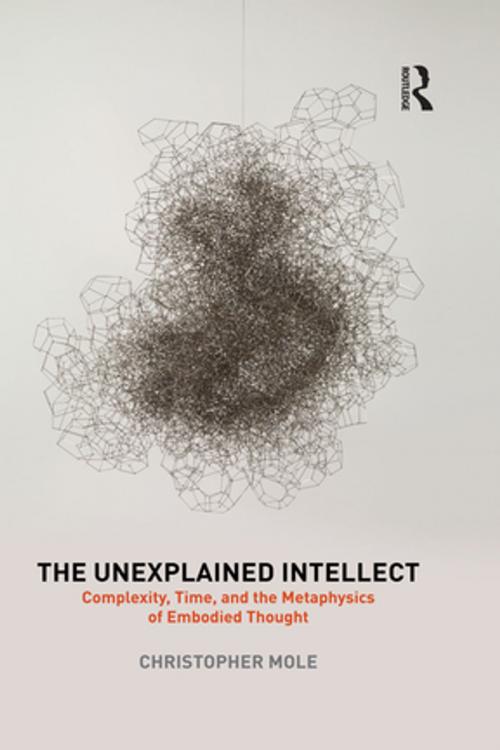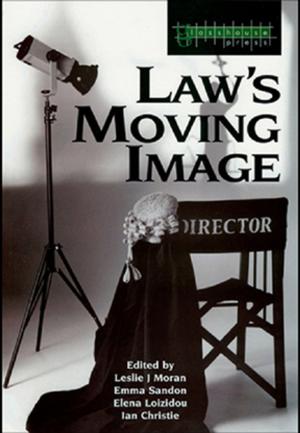The Unexplained Intellect
Complexity, Time, and the Metaphysics of Embodied Thought
Nonfiction, Religion & Spirituality, Philosophy| Author: | Christopher Mole | ISBN: | 9781317294665 |
| Publisher: | Taylor and Francis | Publication: | February 22, 2016 |
| Imprint: | Routledge | Language: | English |
| Author: | Christopher Mole |
| ISBN: | 9781317294665 |
| Publisher: | Taylor and Francis |
| Publication: | February 22, 2016 |
| Imprint: | Routledge |
| Language: | English |
The relationship between intelligent systems and their environment is at the forefront of research in cognitive science. The Unexplained Intellect: Complexity, Time, and the Metaphysics of Embodied Thought shows how computational complexity theory and analytic metaphysics can together illuminate long-standing questions about the importance of that relationship. It argues that the most basic facts about a mind cannot just be facts about mental states, but must include facts about the dynamic, interactive mental occurrences that take place when a creature encounters its environment.
In a discussion that is organised into four clear parts, Christopher Mole begins by examining the mathematics of computational complexity, arguing that the results from complexity theory create a puzzle about how human intelligence could possibly be explained. Mole then uses the tools of analytic metaphysics to draw a distinction between mental states and dynamic mental entities, and shows that, in order to answer the complexity-theoretic puzzle, dynamic entities must be understood to be among the most basic of mental phenomena. The picture of the mind that emerges has important implications for our understanding of intelligence, of action, and of the mind’s relationship to the passage of time.
The Unexplained Intellect is the first book to bring insights from the mathematics of computational complexity to bear in an enquiry into the metaphysics of the mind. It will be essential reading for scholars and researchers in the philosophy of mind and psychology, for cognitive scientists, and for those interested in the philosophical importance of complexity.
The relationship between intelligent systems and their environment is at the forefront of research in cognitive science. The Unexplained Intellect: Complexity, Time, and the Metaphysics of Embodied Thought shows how computational complexity theory and analytic metaphysics can together illuminate long-standing questions about the importance of that relationship. It argues that the most basic facts about a mind cannot just be facts about mental states, but must include facts about the dynamic, interactive mental occurrences that take place when a creature encounters its environment.
In a discussion that is organised into four clear parts, Christopher Mole begins by examining the mathematics of computational complexity, arguing that the results from complexity theory create a puzzle about how human intelligence could possibly be explained. Mole then uses the tools of analytic metaphysics to draw a distinction between mental states and dynamic mental entities, and shows that, in order to answer the complexity-theoretic puzzle, dynamic entities must be understood to be among the most basic of mental phenomena. The picture of the mind that emerges has important implications for our understanding of intelligence, of action, and of the mind’s relationship to the passage of time.
The Unexplained Intellect is the first book to bring insights from the mathematics of computational complexity to bear in an enquiry into the metaphysics of the mind. It will be essential reading for scholars and researchers in the philosophy of mind and psychology, for cognitive scientists, and for those interested in the philosophical importance of complexity.















